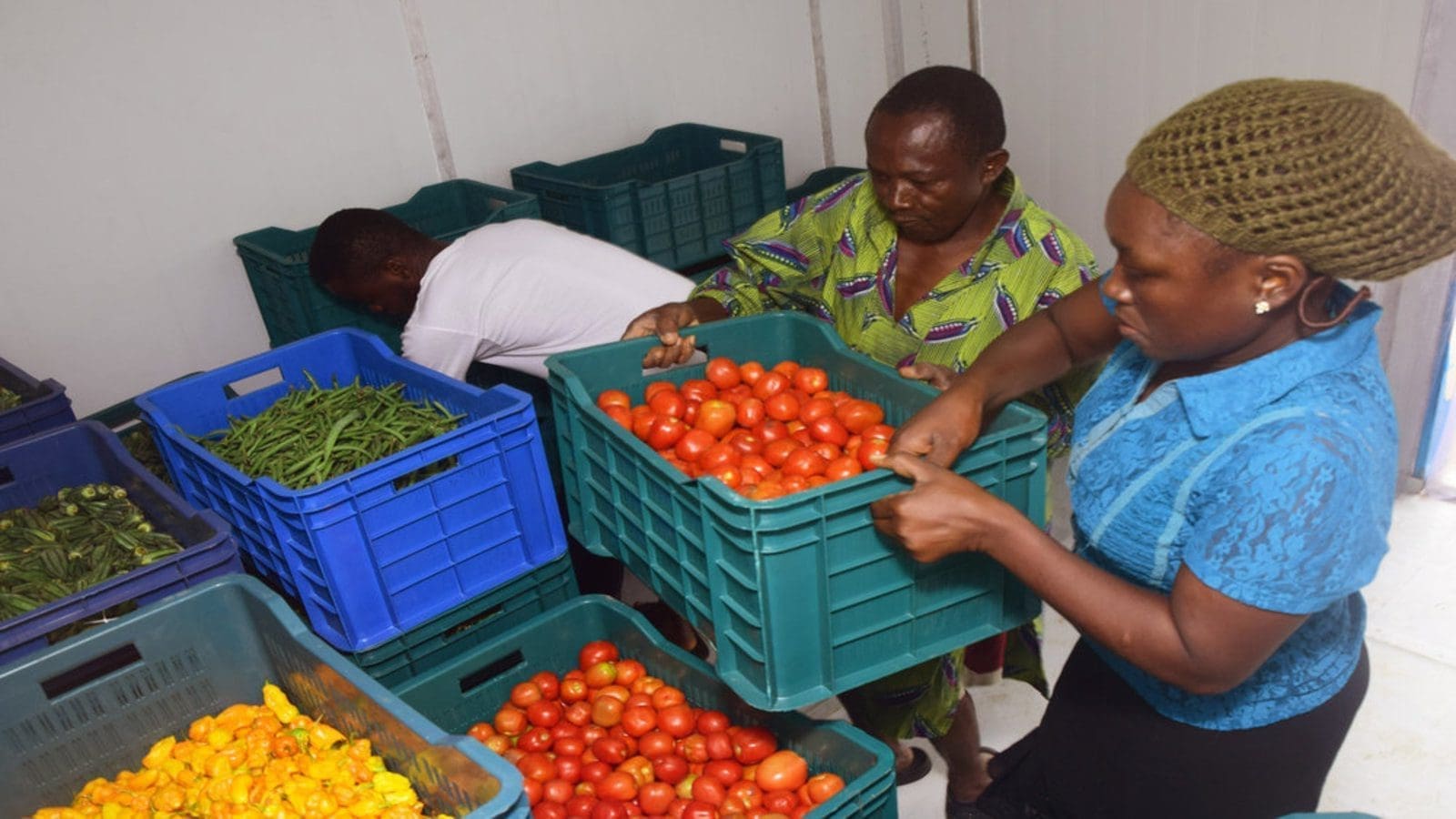UK – Compared to the COVID-19 pandemic, UK Food Business Operators in the dairy, meat, and wine sectors have suffered a huge blow from the UK’s exit from the EU.
This is in accordance with a study that the U.K. Food Standards Agency (FSA) carried out to ascertain the views of FBOs.
The survey supports the rollout of the Operational Transformation Program (OTP) and the implementation of official controls.
Following a quantitative survey of 400 FBOs in England, Wales, and Northern Ireland, in-depth interviews with 60 FBOs were conducted.
Between June and August 2022, fieldwork was conducted.
The topics covered by the questionnaire included FBOs’ experiences working with the FSA, their comprehension of the FSA’s role, the COVID-19 pandemic’s effects, the UK’s exit from the EU, and their acquaintance with OTP.
The majority of FBOs reported having a “good” or “excellent” experience with FSA, with seven out of ten saying this.
Positive comments highlighted the assistance and communication FBOs received from FSA personnel.
A variety of things contributed to negative opinions, including inconsistent auditing, sluggish turnaround times, and imprecise phrasing in reports.
Moreover, FBOs generally stated that they understood the primary objective of the FSA, despite their lack of understanding of the FSA’s decision-making process (46%), mandatory contributions to the FSA (37%), and financing sources (29%).
Lack of clarity, convoluted procedures and growing demands on staff time were the most often cited barriers to complying with FSA guidance.
Interviewees also disclosed the inconsistency of FSA inspectors, the costs of compliance, and uncertainty between various food safety standards and how the FSA relates.
Over three-quarters (72%) of FBOs claimed that the COVID-19 outbreak had no effect on their capacity to abide by FSA rules, and some claimed that it had even helped them grow and discover new opportunities.
Nonetheless, 18 percent said that the pandemic had a negative impact on their ability to comply with FSA standards, with four percent stating that it had made compliance a lot more difficult for them.
The impact appeared most severe in the meat sector where 9% reported the pandemic had made it a lot more difficult, and 19% slightly more difficult to comply.
The majority of FBOs (70%) said the UK’s exit from the EU had some impact on their business.
There were some differences by industry, with wine businesses (88%) more likely to report an impact than those in the meat (78%) and dairy industries (64%).
Businesses generally thought that Brexit had a negative impact on them.
Negative themes included difficulties hiring, an increase in paperwork, difficulties with customs, and rising costs.
Only a small percentage of FBOs (22%) were aware of OTP.
The FSA has now centralized all regulatory transformation work and thought since the research was completed.
It has moved the resource and consideration of work for longer-term reform/legislative planning to the Achieving Business Compliance program.
Efforts to enhance the current regulatory framework will now fall under the purview of Operations’ new Operational Modernization program.
For all the latest food safety news from Africa and the World, subscribe to our NEWSLETTER, follow us on Twitter and LinkedIn, like us on Facebook and subscribe to our YouTube channel.








